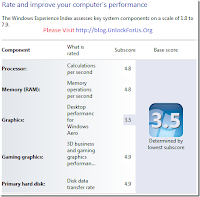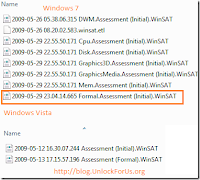Hackers steal email addresses and other information of Defense News subscribers.Websites belonging to Gannett Government Media, including several websites for the Army Times and other government news websites and newspapers, have been reportedly hacked.
According to a report by the Los Angeles Times, the media company said that it first discovered the security breach on 7 June and announced it in a notice online on the same day. Now, Gannett has released more details.
It said in a statement, "We discovered that the Gannett Government Media family of websites suffered a cyber attack resulting in unauthorised access to files containing information of some of our users."
However, the company has assured that financial details of the users are safe.
It added, "The information in those files included your first and last name, userID, password, email address, the internal number we assigned to your account, and if you provided the information, your ZIP code, duty status, paygrade, and branch of service."
"We want to assure you that no financial (e.g. credit or debit card) information was compromised. Financial information is stored on a completely different system." The company has asked its users to be vigilant of phishing attacks or suspicious mails asking for personal or financial details.
Among the websites that are believed to have been breached are: Defense News, the Armed Forces Journal, the Federal Times, Military Times, Army Times, Navy Times, Air Force Times and Marine Corps Times. Gannett has said that an "outside forensic company" is probing to find out the reason of the breach and to identify the people behind it.
According to a report by the Los Angeles Times, the media company said that it first discovered the security breach on 7 June and announced it in a notice online on the same day. Now, Gannett has released more details.
It said in a statement, "We discovered that the Gannett Government Media family of websites suffered a cyber attack resulting in unauthorised access to files containing information of some of our users."
However, the company has assured that financial details of the users are safe.
It added, "The information in those files included your first and last name, userID, password, email address, the internal number we assigned to your account, and if you provided the information, your ZIP code, duty status, paygrade, and branch of service."
"We want to assure you that no financial (e.g. credit or debit card) information was compromised. Financial information is stored on a completely different system." The company has asked its users to be vigilant of phishing attacks or suspicious mails asking for personal or financial details.
Among the websites that are believed to have been breached are: Defense News, the Armed Forces Journal, the Federal Times, Military Times, Army Times, Navy Times, Air Force Times and Marine Corps Times. Gannett has said that an "outside forensic company" is probing to find out the reason of the breach and to identify the people behind it.












































